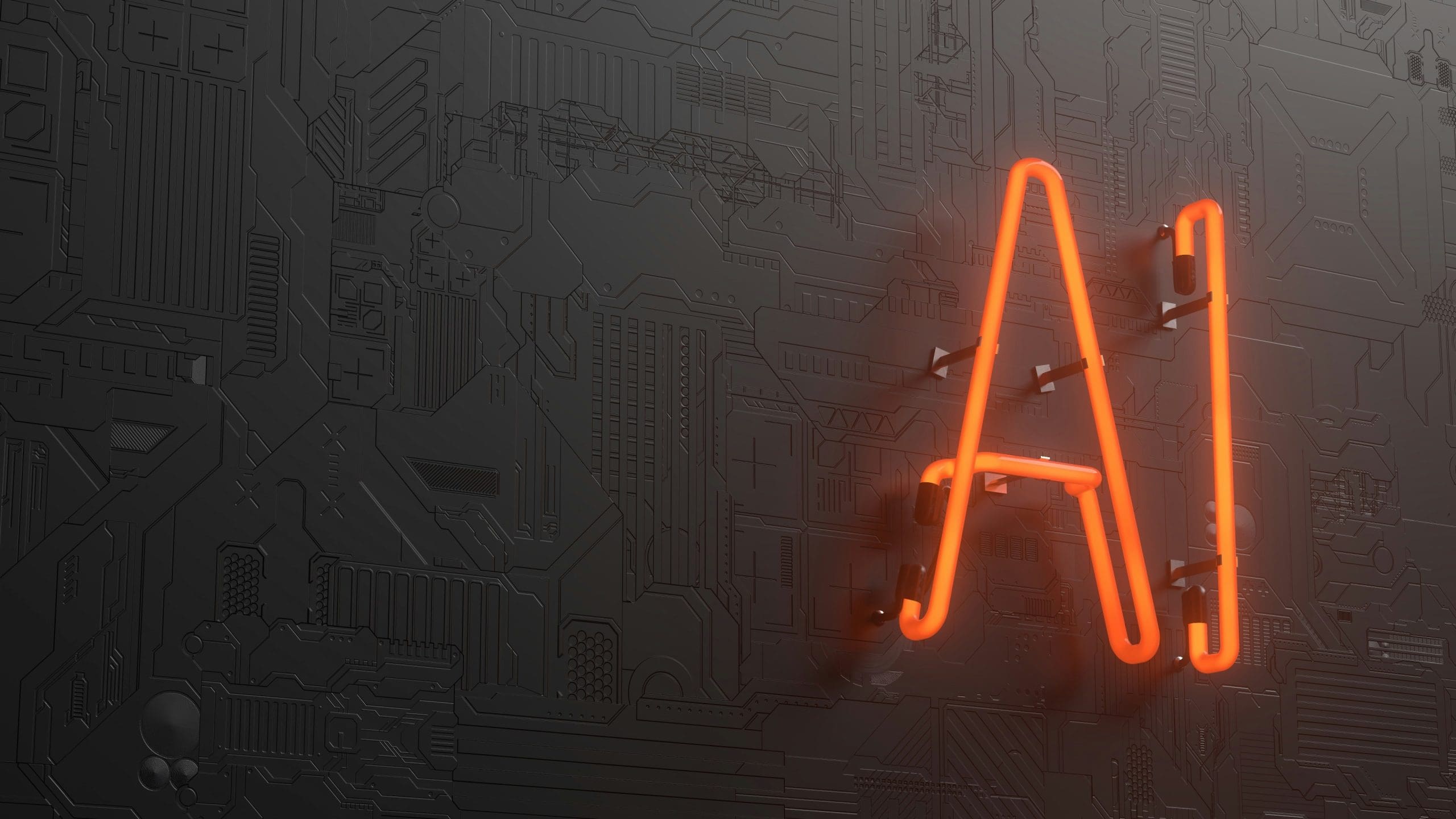In-Short
- AI sector projected to grow significantly, with a potential $3.6 trillion valuation by 2034.
- Healthcare, finance, and retail industries are increasingly integrating AI for efficiency and customer experiences.
- Blockchain technology is being leveraged to decentralize AI and enhance data integrity and transparency.
- Companies like Space and Time (SXT) and Chromia are innovating to create a more secure and democratic AI infrastructure.
Summary of the Decentralized AI Ecosystem
The global technological landscape is undergoing a transformation with Artificial Intelligence (AI) at the forefront. The IT sector is expected to see a 13% increase in job opportunities, adding over 667,600 new jobs in the next six years. AI’s impact is far-reaching, with the healthcare sector adopting AI-based diagnostic tools and the financial sector anticipating a $15.7 trillion contribution to the global economy by 2030. Retail is also expected to benefit significantly from AI-driven customer experiences.
However, the rapid expansion of AI has led to challenges, particularly the centralization of AI development and data management. This centralization poses risks such as biased training models and opaque decision-making processes. To address these issues, blockchain technology is being utilized to decentralize the AI sector, offering more transparent and secure development tools.
Space and Time (SXT) is pioneering with a verifiable database that enhances data integrity for AI transactions. Similarly, Chromia is making it easier for data scientists and machine learning engineers to build AI applications on decentralized infrastructure. Both companies are actively forming partnerships and expanding their ecosystems to support various domains, including AI, DeFi, gaming, and decentralized physical infrastructure networks (DePIN).
The collaboration between AI and blockchain represents a significant shift towards technological sovereignty, with a focus on creating intelligent systems that are ethical and aligned with human values. The integration of blockchain’s strengths—immutability, transparency, and decentralization—into AI infrastructure is paving the way for a more accountable and democratized technological ecosystem.
For more detailed insights into the decentralized AI ecosystem, read the full article.










